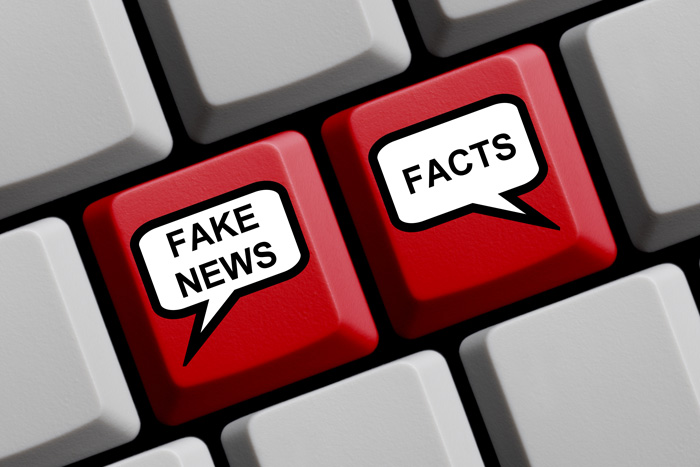Islamabad has firmly denied reports circulating in Indian media that the United States asked Pakistan for military bases to conduct operations against Iran. Government sources dismissed the claims as “completely false and baseless.” Officials in Pakistan described the story as another attempt by Indian media to spread fake news.
“This is part of a broader propaganda campaign,” said a senior official. He pointed to earlier examples like the Jafar Express incident and the Pahalgam episode, where India also spread disinformation targeting Pakistan. Authorities in Islamabad believe these latest lies aim to create confusion after Field Marshal Asim Munir’s recent meeting with U.S. President Donald Trump.
The misleading reports followed a high-profile lunch at the White House. It marked the first time a U.S. President hosted Pakistan’s Army Chief without any senior civilian official from Islamabad. The rare event reflected growing Pakistan-US relations, especially in the context of regional security and economic cooperation.
President Trump praised Munir for helping to stop last month’s fighting between Pakistan and India. He said both Munir and Indian Prime Minister Modi played critical roles in preventing what could have become a nuclear war. “Two very smart people decided not to keep going with that war,” Trump told reporters.
The Pakistan Army issued a statement outlining the key issues discussed in the two-hour meeting. They included trade, economic development, cryptocurrency, and regional security, particularly the Israel-Iran conflict. Trump reportedly expressed interest in building a long-term strategic partnership with Islamabad. According to the army, both leaders agreed on the importance of mutual cooperation.
Munir was expected to urge Trump to avoid joining Israel’s war against Iran and to push for a ceasefire. Pakistan has already condemned Israeli airstrikes on Iran, calling them illegal and dangerous for regional peace. The diplomatic relationship between Pakistan and the U.S. has been improving after years of neglect. Under both Trump and Biden, Washington had leaned more toward India to counter China.
Speaking to reporters before the meeting, Trump said he “loved Pakistan” and viewed Modi as a “fantastic man.” He credited both leaders with ending the conflict earlier in May. Trump insisted he played a central role in halting the military confrontation. “I stopped the war,” he said.
The White House also confirmed that Trump hosted Munir after calls to nominate him for a Nobel Peace Prize. The nomination was linked to his role in stopping the nuclear-armed neighbors from escalating their fight.
However, India denied any third-party mediation. According to Indian Foreign Secretary Vikram Misri, the ceasefire was a result of direct communication between Indian and Pakistani military channels. “There was no involvement of U.S. mediation,” Misri stated. He clarified that Modi told Trump the two sides resolved the issue independently and that India had never accepted outside mediation.
Misri also said Modi and Trump were set to meet at the G7 summit in Canada. However, the U.S. President left early due to tensions in the Middle East. Modi declined to stop in the U.S. on his way back, citing a busy schedule.
The recent clash began with a deadly attack in Indian-administered Kashmir on April 22. India blamed Pakistan-backed militants, which Islamabad denied. On May 7, Indian jets bombed alleged “terrorist infrastructure” across the border. The retaliation lasted four days, involving missiles, drones, artillery, and fighter jets on both sides.
Analyst Michael Kugelman warned that Trump’s statements could affect Washington’s growing partnership with New Delhi. He said India might tolerate Pakistan-US relations only up to a point. “Delhi must now ask: How much U.S.-Pakistan cooperation can it accept before it hurts its own relationship with Washington?”


